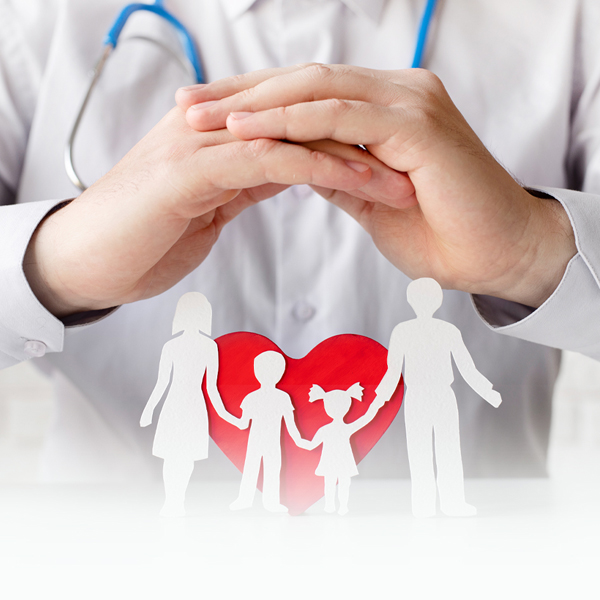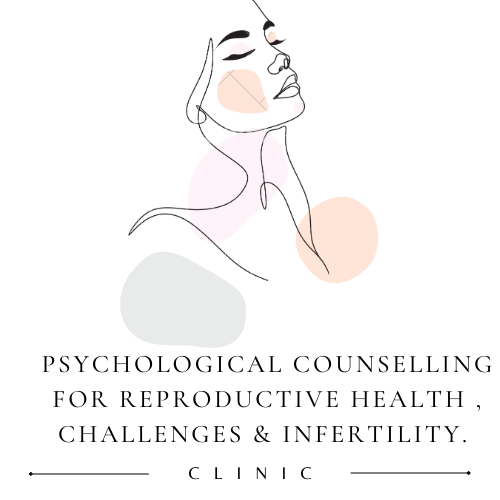
Perinatal Psychiatry & Psychology
Perinatal and infant mental health is an interdisciplinary field focused on the health and development of parents and infants from the planning of conception through to three years postpartum. It covers Perinatal Psychology, Psychiatry & Infant Psychology.

Why is it so important?
Perinatal mental disorders are among the commonest morbidities of pregnancy, and make an important contribution to maternal mortality, as well as to adverse neonatal, infant and child outcomes.
The World Health Organization (WHO) has highlighted the urgent need for “evidence based, cost effective, and human rights oriented mental health and social care services in community‐based settings for early identification and management of maternal mental disorders.
PCRH is one of its kind centre to offer early infancy childcare and child development interventions in Udaipur.
What is done in perinatal mental health programs?
It covers many areas.
Let’s delve into some key aspects related to this fascinating area:
- Perinatal Mental Health Services (PMHS): These services encompass the period from pre-conception to 12 months of age. They are crucial for supporting both mothers and babies during this critical phase. Community PCRH services may cover fathers/partners as well, up to three years after birth.
- Prenatal and Perinatal Psychology: This field explores the psychological and psychophysiological effects and implications of the earliest experiences of the individual. It includes the period before birth (prenatal) and during and immediately after childbirth (perinatal)3.
- Emotional Care During Pregnancy: Providing specifically targeted emotional care for women from early in pregnancy is essential. High levels of anxiety and stress during pregnancy may influence the intrauterine environment and potentially affect the neurobehavioral development of the fetus and child. Antenatal stress can have serious and long-term effects on the infant, emphasizing the importance of supporting pregnant women’s psychological well-being4.
- Social Support: Advances in understanding brain mechanisms suggest that social support plays a crucial role in dampening down threat/stress systems within the brain. Thus, fostering social support during pregnancy can positively impact mental health outcomes for both mothers and infants4.
- Perinatal & Infant Psychology: Its covers mental health of expecting or new parents and emotional /social behavior of their infants: The perinatal period, which includes pregnancy and the first year after childbirth, is a critical time for both parents and infants. Healthy connection between parents and infants works byways. It helps in parental emotional well-being and infant development.
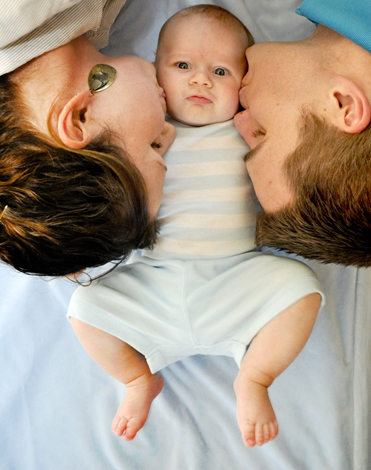
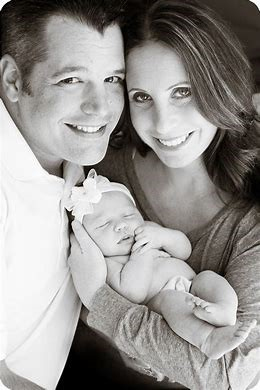
What are the benefits of enrolling into perinatal wellbeing programs?
Investing in parental well-being and the parent-infant relationship benefits both current and future generations. If you or someone you know is experiencing emotional challenges during the perinatal period, then do advise them to seek professional support and connect with healthcare providers. Community PCRH services may cover fathers/partners as well, up to three years after birth.
Community PCRH perinatal programs may cover fathers/partners as well, up to three years after birth.

These programs address
Parental Emotional Well-Being
- Maternal Mental Health: During pregnancy and postpartum, maternal mental health significantly impacts the well-being of both the mother and the baby. Conditions such as depression, anxiety, and stress can affect parenting behaviors and the parent-infant relationship.
- Paternal Mental Health: It’s essential to recognize that fathers also experience emotional changes during this period. Their well-being contributes to the overall family environment.

Parent-Infant Relationship
- Responsive Caregiving: Babies thrive when they receive consistent, responsive care from their primary caregivers. This interaction helps build neural connections in the brain, regulate emotions, and form secure attachments.
- Emotional Bonding & Positive parenting: Positive interactions between parents and infants foster emotional bonding. Smiling, talking, and cuddling create a strong foundation for healthy relationships.
Infant Development
- Cognitive Development of babies: In the first year, babies learn to focus their vision, reach out, explore, and learn about the things that are around them. Cognitive, or brain development means the learning process of memory, language, thinking, concepts, about self/ others and reasoning.
- Socio-emotional Development of babies: Infants are born socially interactive. During first 2 years of life, babies also are developing bonds of love and trust with their parents and others as part of social and emotional development. The way parents cuddle, hold, and play with their baby will set the basis for how they will interact with them and others.
- Protective Parenting & Child safety programs: Prenatal distress (such as maternal detachment, illness, separation, anxiety or depression) can impact infant development. It’s crucial to address these factors to promote positive outcomes.
Remember that this phase i.e., first 2 years of life is pivotal for the well-being of both mothers and their babies. By focusing on psychological care during pregnancy and beyond, we can contribute to healthier outcomes for families.
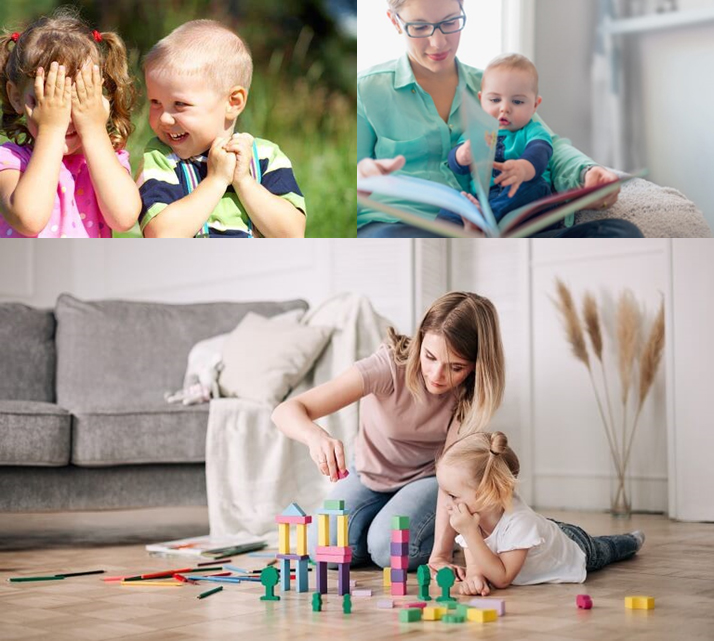
Client Feedbacks
It was a great experience and a very knowledgeable session by Dr Ansha Patel.
It was good. Nice Experience.
Very Well Presented and Interactive Session.
Session was excellent and informative. Please inform me next session. Thank you.
The informational counselling was more useful to girls especially women's whose become parents first time or are adults or married etc .and I also expecting more webinars like this. Thank you for the session.
Resources
World Health Organization. Maternal mental health. www.who.int.
Summary of Perinatal Mental Health Conditions | ACOG
National Institute for Health and Care Excellence. Antenatal and postnatal mental health: clinical management and service guidance. London: National Institute for Health and Care Excellence, 2014.
